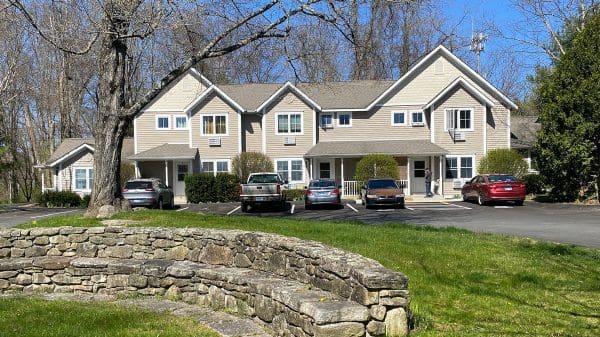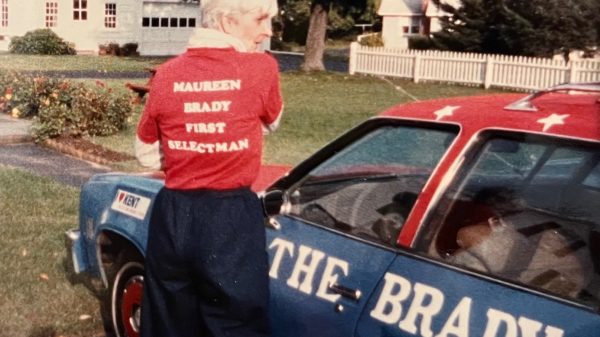KENT—During the first six months of a 12-month Housatonic Resources Recovery Authority’s Sustainable Materials Management (SMM) Pilot Program, Kent residents helped to divert 26,360 pounds of food scraps and similar organic items out of the recycling stream.
Kent sends it trash to recycling centers operated by the HRRA and pays for the service based on the number of tons collected.
In Connecticut, food scraps make up about one in every five pounds of garbage, according to a 2015 study published by the state Department of Energy and Environmental Protection (DEEP).
More food refuse reaches landfills and incinerators than any other single material in everyday trash and the more that comes in, the more towns pay to get rid of it.
New England is facing a waste disposal crisis. It is expected to lose 40 percent of its trash disposal capacity in the next five years and up to 100 percent by 2040.
In Connecticut, 3.5 million tons of municipal solid waste are currently generated annually, but the state only has management capacity for only 2.7 million tons. The remainder must be shipped out of state, and Connecticut is seeking alternative means to expensive trucking of trash to Midwestern landfills.
Not only does it cost money to get rid of it, food waste also contributes to air pollution. A Princeton study estimates that composting organic waste versus landfilling it can reduce more than 50 percent of carbon dioxide-equivalent greenhouse gas emissions.
The HRRA last year received a $55,400 grant from the DEEP for the Kent pilot food scrap program.
Transfer station permits are required to enter the program and can be purchased at the transfer station at 38 Maple St. or town hall at 41 Kent Green Blvd.
Purchasers of full transfer station permits will receive a supply of 15-gallon orange kitchen bags for non-recyclable household trash, as well as a one-gallon countertop vented food collection container.
Those participating in the food-scrap-program-only can purchase a permit for $20 and receive a supply of biobags and a countertop container.
A six-gallon carry container is also available from the HRRA for $10. This can be paid for by check only, made out to HRRA.
A designated disposal area for the orange non-recyclable trash bags and a designated area for food scrap biobags are available at the transfer station.
No plastic items, stickers, rubber bands or twist ties can be placed in the biobags. Permissible items are houseplants and flower bouquets, fruits and nuts (including pits); vegetables; bread, pasta and grains; sauces, soups and gravy; coffee grounds and filters; tea bags; eggshells; meats and poultry (including bones); fish and shellfish; plate scrapings, spoiled food, and fridge leftovers.
No packaging, take-out containers, or compostable bags are allowed.




























